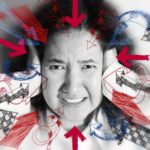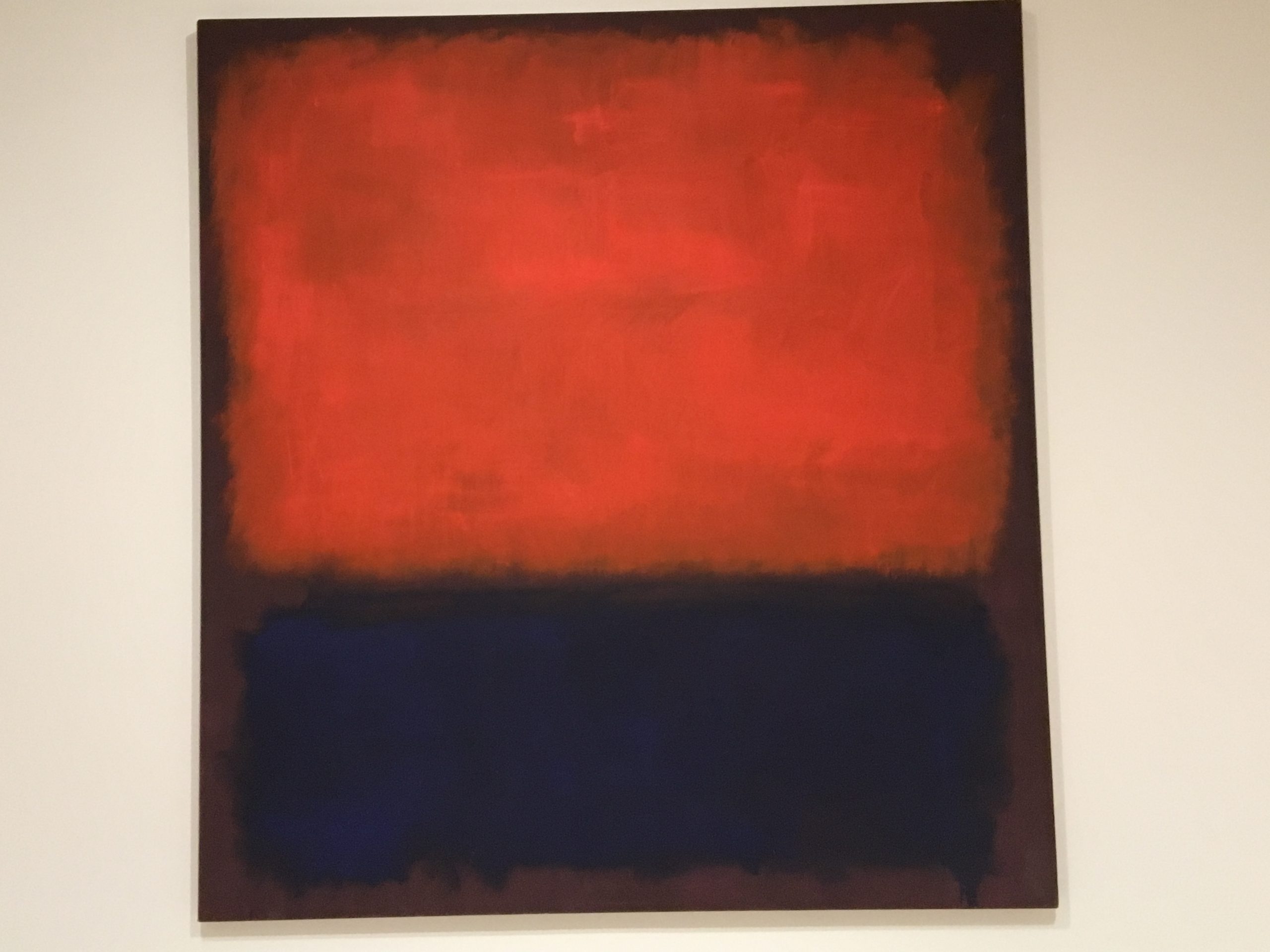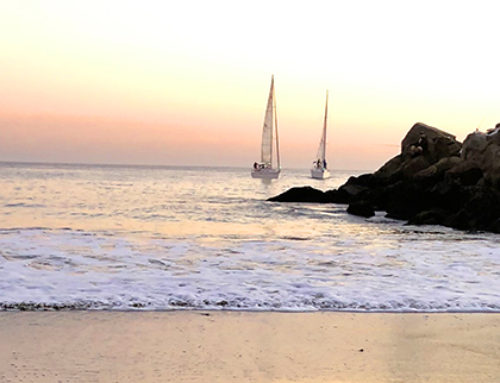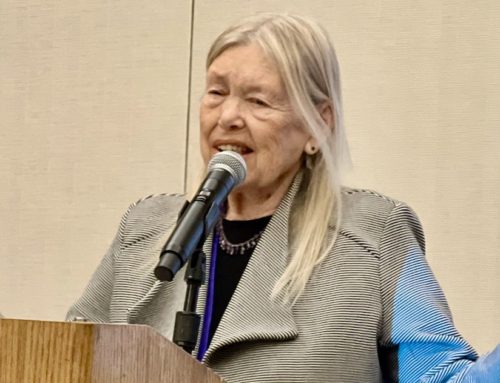Part 2: Why avoiding unhappiness does not bring us health and happiness.
There is a danger. You react, go into survival mode, and the fight/flight/freeze autonomic nervous system is activated to get you out of the danger.
And it works—if a lion is about to attack you, if a careening car is about to hit you as you are crossing the street, if your child is about to fall into a pond. Suddenly you have super-human strength. You can run from the lion and climb a tree quickly and safely. You can dodge the careening car quickly. You can figure out that your child’s next step will be unsafe and grab him quickly.

Woman unhappy and reacting to stress.
But sometimes the danger is not so visible or understandable. And it is not a specific one-time situation but seems to be ever-present. You feel unsafe, that there is a danger. It is something that is definitely interfering with your happiness. You want it to go away so you can feel happy again.
Today we often call this unrelenting sense of danger “stress.” And unfortunately, your reactive responses do not relieve or eliminate the stress.
Why does this not relieve the stress? Your reactive response solidifies your sense of a separate “I,” a self who needs to be protected from the outer, dangerous world. That recognition of a separate self and outer world is good for survival when there is a specific, immediate dangerous situation to navigate.
Can you remember a time when you were in one of those fight/flight/freeze modes and at the same time felt relaxed and blissfully happy? It doesn’t happen. By avoiding unhappiness the stress remains, undiscerned.
In Part 3 I’ll explain some Ayurvedic strategies for achieving health and happiness. And why you rarely find one without the other.





